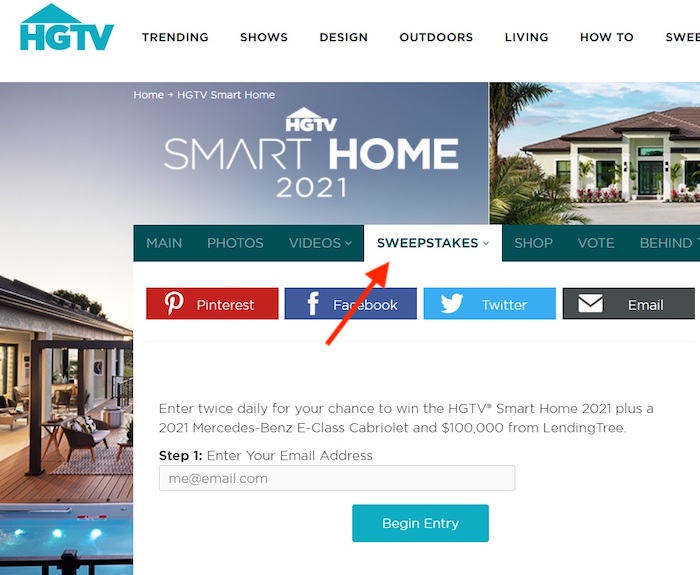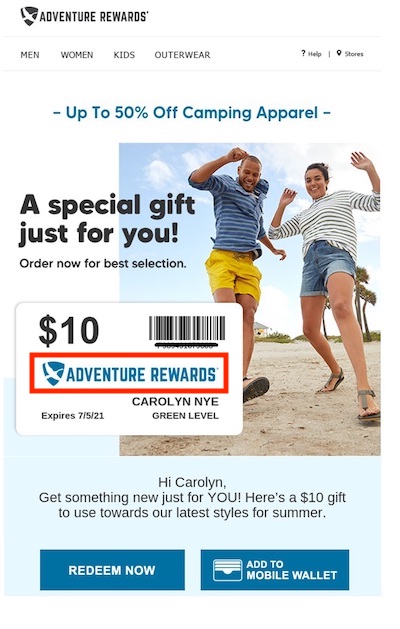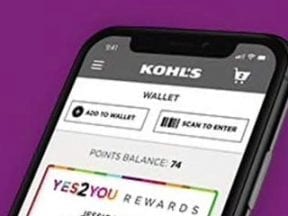The elimination of third-party cookies and the removal of auto-tracking on Apple iOS devices has marketers scrambling. No longer can they rely on those tactics to communicate with targeted prospects. So-called “first party” data, where a company has a direct relationship with consumers, is now paramount.
There is no better type of first-party leads than a robust email list.
Eliminating third-party cookies and automatic iOS tracking is the latest in the evolution of digital marketing. Email went through a similar change in 2003 with the U.S. CAN-SPAM Act. The law imposed transparency on email senders, among other requirements. The ultimate effect was to clean up the industry and improve the experience for consumers. It paved the way for email to become a dominant marketing channel.
Growing a subscriber list is now a marketing priority. Here are five ways to do that.
5 Ways to Grow an Email List
Convert existing visitors. Traffic comes to your site from multiple sources. Tactics to convert those visitors into email subscribers include:
- Place an email sign-up box on every page,
- Use pop-ups,
- Provide value in exchange for an email address. Examples include discounts, content, or even gifts,
- Send subscriber-only notifications, such as product availability or holiday shipping deadlines,
- Sweepstakes or contests.

Sweepstakes such as the Dream Home Giveaway from HGTV can generate new email subscribers.
Use co-registration programs. Lead-generation or co-registration programs can produce qualified subscribers. Providers include Opt-Intelligence and AddShoppers. Each maintains a vast publisher network. Typically, a brand will answer clarifying questions to establish criteria for new subscribers. For example, a kitchen supply merchant could target consumers interested in cooking or new recipes.
Once qualified, a publisher presents the offer to subscribe to the brand’s newsletter. The provider then verifies the leads and sends them directly to the brand via an API.
Providers typically charge a price per email acquired. In my experience, co-registration subscribers are typically qualified and valuable.
Partner with complementary sites. Many retailers maintain relationships with complementary products or services that are not direct competitors. Partnering can expand subscribers for both companies. An automobile parts retailer could partner with a publisher of how-to repair manuals, for example.
Inserting a printed piece in the delivery package of a partner site is another way to obtain subscribers.
Reactivate old email addresses. Email lists naturally shrink due to addresses that change, bounce, or become undeliverable. Those consumers may not have changed, however, only their email addresses. Consumers could still be interested in your hearing about your products provided you could locate them and update their address.
One way to do this is via an email reactivation program. The process consists of sending bounced and undeliverable email addresses to an email data service such as FreshAddress, which would then provide new, updated addresses for some of those subscribers.
Develop a rewards program. A rewards program can grow traffic and produce recurring buyers. It can also generate email subscribers.
Successful reward programs include:
- Notifications using a different “from” name so members can easily identify reward emails from others,
- A method to easily track reward points, such as including the rewards number and points in each email,
- Personalized emails with the member’s first name and relevant offers.

A rewards program, such as this one by Eddie Bauer, can generate email subscribers.




